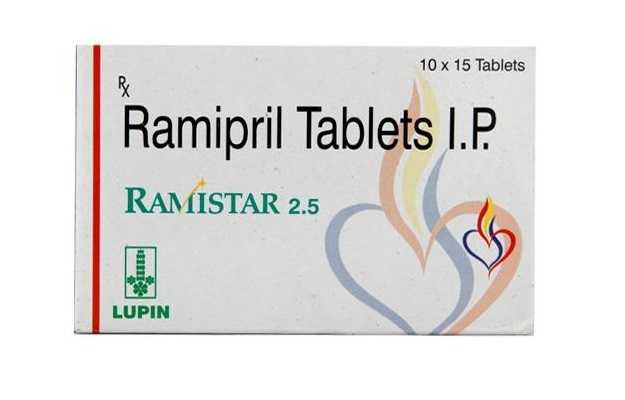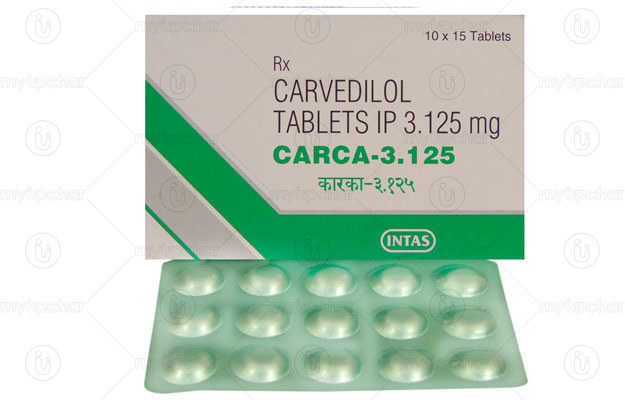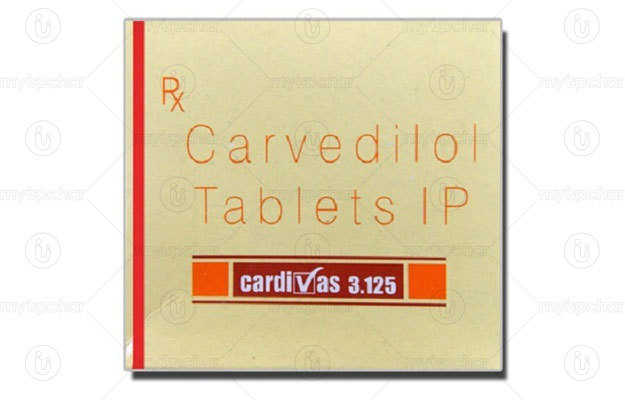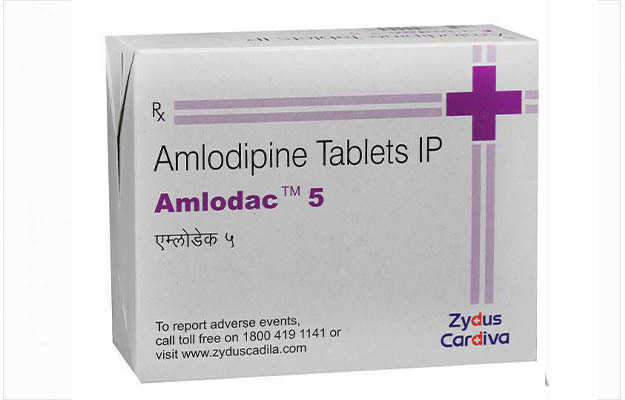Ramiday is a commercial drug that is prescribed in the form of Tablet. It is typically used for the treatment of High BP. The alternative uses of Ramiday have also been explained below.
The optimal dosage of Ramiday is largely dependent on the individual's body weight, medical history, gender and age. The condition it has been prescribed for, and the route of administration also determine the right dosage. For detailed information on this, read through the dosage section.
The most common side effects of Ramiday are Confusion. Apart from the aforementioned side effects, Ramiday can also lead to other problems, which have been listed below. Such side effects of Ramiday normally do not last long and go away once the treatment is completed. If, however, they worsen or do not go away, please speak with your physician.
In addition, Ramiday's effect is Severe during pregnancy and Mild for lactating mothers. It is important to know if Ramiday has any effect on the kidney, liver and heart. Information on such adverse effects, if any, has been given in the Ramiday related warnings section.
Ramiday is contraindicated in people with pre-existing medical conditions like Angioedema, Heart Failure, Low Blood Pressure (Hypotension) as it can result in adverse effects. The section on Ramiday contraindications lists all such conditions.
Drug interactions for Ramiday have been reported in the medical literature. Refer to the list below for further details.
In addition to the above precautions for Ramiday, it is important to know that it is not safe while driving, and is not habit-forming.
X

































